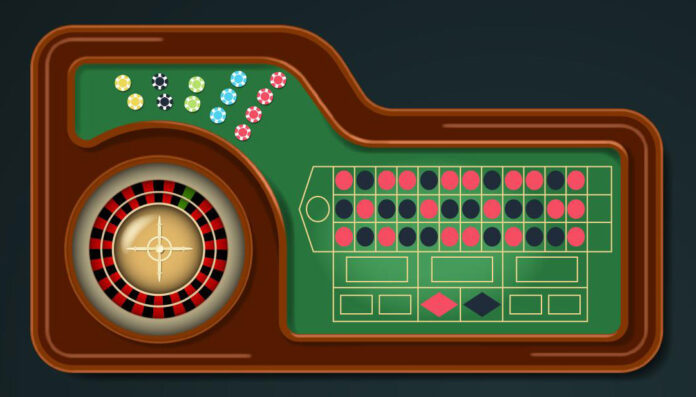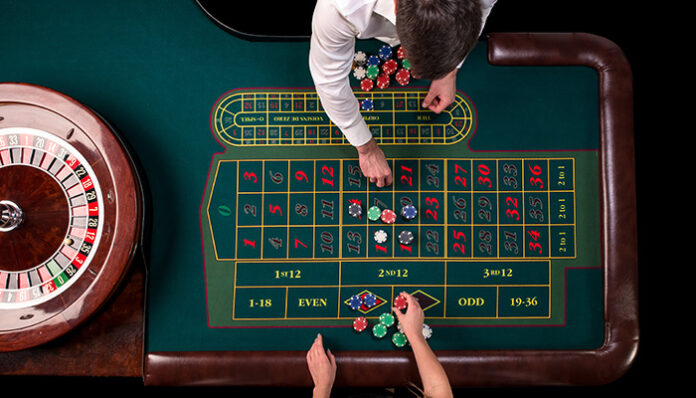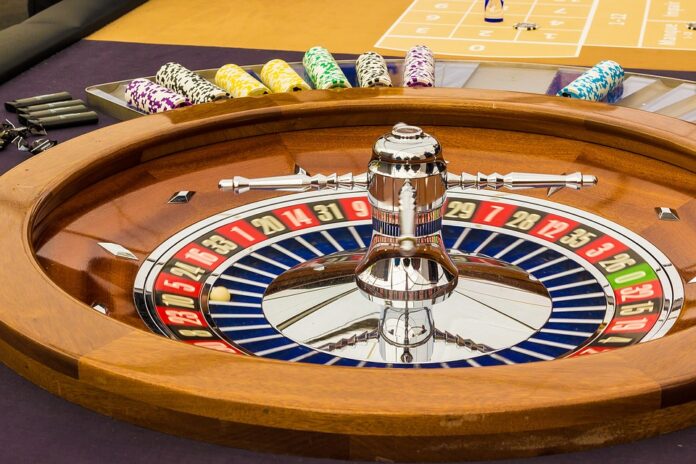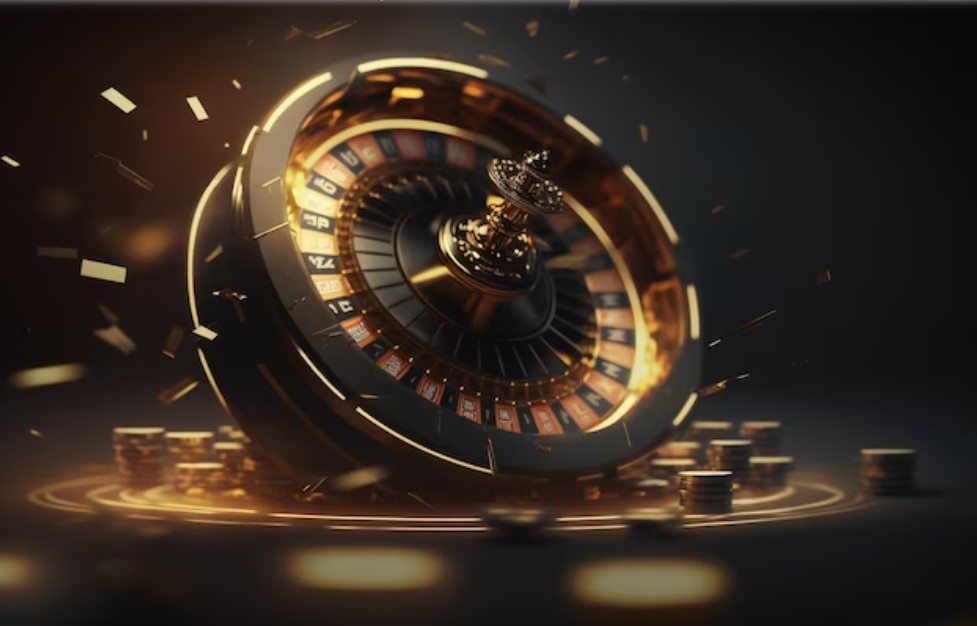Roulette holds a distinct allure in the world of gambling. Players often wonder if strategies can tip the odds in their favor. Various systems exist, claiming to outsmart the built-in advantage. But do they really work, or are they just myths wrapped in math?
No matter which system you adopt, luck remains a significant factor. Technology, like random number generators (RNGs) in online platforms, ensures fairness in gameplay, but it also further enforces the casino’s hold. For instance, casinos like Lucky Dreams offer a variety of tables with RNGs ensuring the outcomes are fair.
Martingale: Doubling Up to Win Big

The Martingale system has been around for centuries. It relies on the principle of doubling your bet after each loss, hoping a single win will recover all previous losses. While it might seem straightforward, the potential for significant loss looms large.
Martingale requires substantial bankrolls and a table with no betting limits. If you experience a long streak of losses, you might hit the table’s cap, which prevents you from continuing to double your bets. This puts you in a position where all previous bets remain unrecovered.
Martingale assumes that a win is inevitable at some point. But relying on this assumption could lead to a financial disaster. Casinos have already calculated this risk and implemented limits to prevent major losses on their side.
Fibonacci: More Complex, Same Risk

The Fibonacci system introduces a more intricate progression of bets. It follows a mathematical sequence where each number is the sum of the previous two. Instead of doubling each time, you move through the sequence. For example, after two losses, your next bet should be the sum of the previous two.
Fibonacci is slightly less aggressive compared to Martingale. However, it still has inherent risks. A long streak of losses will eventually eat into your bankroll. Just like Martingale, it assumes that a win will occur before your resources run out. This is rarely a reliable assumption.
Much like other systems, Fibonacci relies on controlling bet sizes and understanding when to stop. Those aiming for profit often forget that sequences like this still rely on a streak of good luck, which no strategy can guarantee.
Limits and the Importance of Discipline
Every system comes with its own set of limitations. Casinos set betting caps to prevent players from taking advantage of progressive strategies. If a player encounters a streak of losses, the system may prevent any further escalation of bets.
Without discipline, even a robust bankroll won’t save you. The temptation to bet beyond your limits could lead to rapid financial ruin. Understanding when to walk away remains critical. Players who don’t recognize this can find themselves trapped, losing far more than expected.
Technology and its Role in Roulette Systems

With the rise of online gambling, technology plays an ever-growing role in how systems function. Algorithms used in platforms, such as RNGs, make sure that every spin is independent of the previous one. This makes it even harder for players to predict outcomes, rendering strategies like Martingale and Fibonacci less effective.
In the world of online casinos, the environment constantly adapts to ensure fairness and prevent any manipulation. Systems based on prior outcomes become ineffective in such controlled settings. Every spin is fresh, thanks to modern technology.
The Illusion of Control
At its core, systems like Martingale and Fibonacci offer players the illusion of control. The belief that increasing your bet at the right time could turn a loss into a win gives gamblers a sense of empowerment. But this sense of control is deceptive. Casino games remain rooted in chance.
Even the most disciplined application of a system can’t escape the randomness of the spin. All strategies have vulnerabilities, and no amount of planning can change that. Relying on luck and hoping for a perfect sequence can lead to devastating losses.
Conclusion: The Hard Truth about Systems

Roulette remains a game of chance. Systems like Martingale and Fibonacci offer structure, but they can’t overcome the mathematical advantage of the casino. The reality is that no strategy can guarantee long-term success.
Players must approach each session knowing that they can’t beat the house consistently. Short-term wins are possible, but long-term profit remains elusive.







